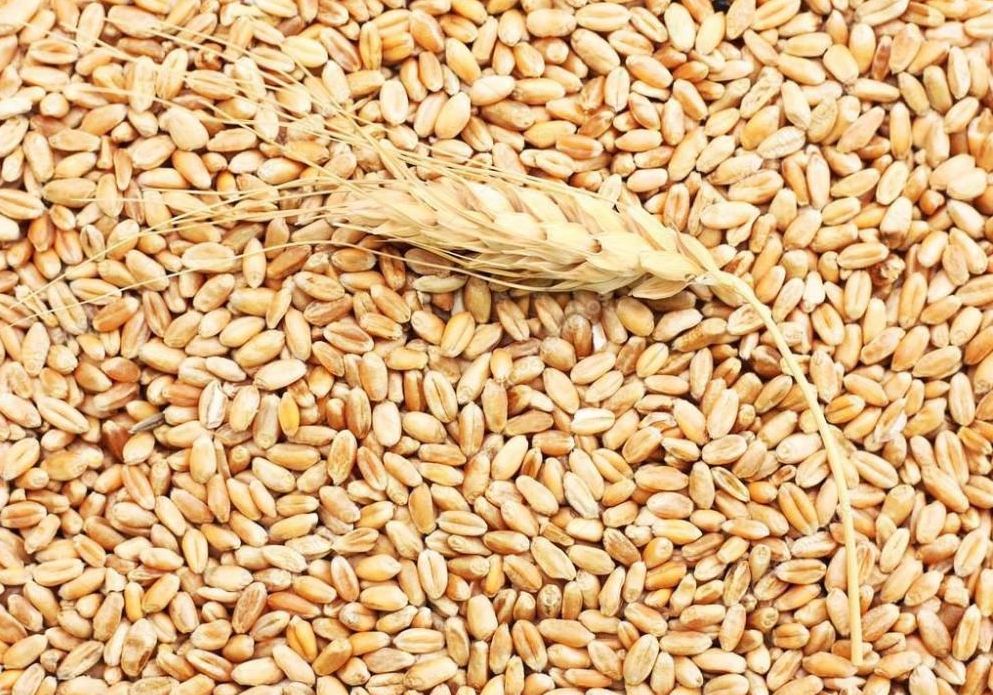Syria to issue tender for 200,000T of wheat as drought deepens food crisis

Syria will issue an international tender to import 200,000 metric tons of wheat to help cover a domestic supply shortfall, the Ministry of Economy and Industry told Reuters on August 20, though no date for the tender has been set.
The decision comes as the country grapples with its worst drought in 36 years, which has reduced wheat output by about 40 percent. The production collapse has left the government struggling to secure large-scale grain purchases, raising fears of a deepening food crisis.
“To safeguard national food security, the ministry is engaging in wheat imports from key exporting markets, including Ukraine and Romania,” the ministry said in a statement released via the Ministry of Information.
So far this season, the state-run General Establishment for Grain has procured 372,000 tons from local farmers, against an annual consumption need of 2.55 million tons, according to the ministry. Wheat is Syria’s most important crop, forming the backbone of the country’s state-subsidised bread programme, which remains critical to household food access.
The ministry stressed that all recent wheat shipments were paid on a cash-against-delivery basis, with no debts owed to suppliers.
Apart from an in-kind grant of 146,000 tons from Iraq, Damascus has not received external financial support. In April, Syrian media had reported that Iraq would provide 220,000 tons of wheat as a gift. The latest imports are instead being financed entirely through sovereign self-funding mechanisms, without foreign subsidies or preferential loans.
The wheat shortfall poses a significant test for President Ahmed al-Sharaa, whose government took power after the ousting of Bashar al-Assad last December. Sharaa faces the dual challenge of reviving Syria’s battered economy while addressing widespread food insecurity after more than 14 years of war.
Before the conflict, Syria produced up to 4 million tons of wheat annually, exporting around 1 million tons. But years of war, infrastructure destruction, and now drought have left the country dependent on imports to cover even its most basic needs.
The United Nations World Food Programme (WFP) estimates that more than three million Syrians are facing severe hunger, with over half the population classified as food insecure.
With international aid declining and sanctions limiting trade flows, Syria has relied on ad-hoc imports and high state purchasing prices, reportedly as much as US$450 per ton, nearly double global market rates, to encourage farmers to sell their limited harvest to the state.
For almost 30 years of expertise in the agri markets, UkrAgroConsult has accumulated an extensive database, which became the basis of the platform AgriSupp.
It is a multi-functional online platform with market intelligence for grains and oilseeds that enables to get access to daily operational information on the Black Sea & Danube markets, analytical reports, historical data.
You are welcome to get a 7-day free demo access!!!
Read also
Abbey Commodities – General Partner of BLACK SEA GRAIN.KYIV-2026
Export Logistics Reset 2026: Rail Tariffs, Capacity Pressure and New Trade Reality
Kazakhstan expands direct purchase program to sunseed and linseed
Australia exports over 1.2 mln tons of barley in December
Vegetable oil quotes are stable, but pressure on sunflower oil prices is increasing
Write to us
Our manager will contact you soon



